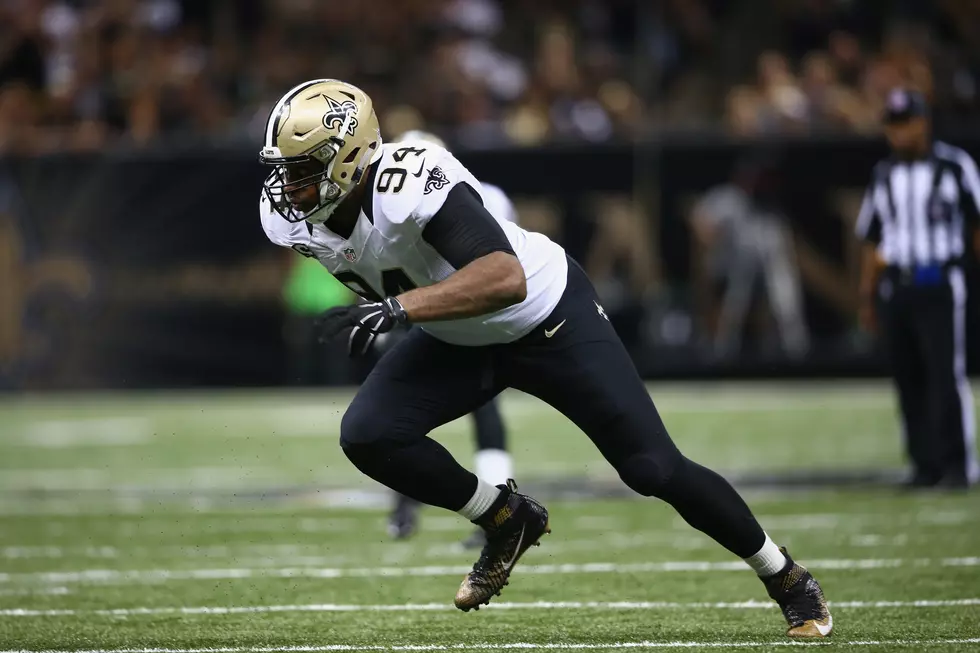By and large, Blake Bortles had a
successful postseason. He did not commit a turnover in any of the Jacksonville
Jaguars’ three playoff contests. He did just enough in the Wild-Card round
versus the Buffalo Bills—using his legs (88 rushing yards) and allowing the
defense to lead the way in a 10-3 win—and then guided the Jaguars to an upset
victory against the Pittsburgh Steelers at Heinz Field. He even had stretches
of strong play in the near-upset of the New England Patriots in the AFC Championship,
totaling 293 passing yards and pushing the Jaguars to a 20-10 lead before their
fourth-quarter collapse.
The Jaguars have a difficult decision to make this
offseason with Bortles. The third overall pick in the 2014 Draft is due $19.1
million if he is on the roster by March 14. He was far from great this year, but
did complete over 60 percent of his passes for the first time in his NFL career
and threw a career-low 13 interceptions. Even so, Bortles was atrocious at some
points of the season. The final two weeks of the regular season were
particularly horrific, throwing five interceptions in two Jacksonville defeats.
No matter what the statistics may show or what the coaches say, it’s
clear the Jaguars don’t have full confidence in Bortles. They went super
conservative at the end of the first half versus the Patriots, choosing to
kneel the ball with 52 seconds and two timeouts left in their pocket as they took a 14-10
lead into intermission. It was the first time this season a team had taken a knee in the first half with over
50 seconds while maintaining two or more timeouts, according to ESPN Stats & Information.
/cdn.vox-cdn.com/uploads/chorus_image/image/55806139/627687612.0.jpg) |
| The Jaguars need to decide if Blake Bortles is their QB of the future. (Sam Greenwood/Getty Images) |
With the game on the line against the Patriots, the Jaguars revealed their lack of trust in Bortles not to make mistakes. Up 10 in the fourth quarter and then later holding a three-point advantage, Jacksonville took the ball out of his hands, opting to pound the ball with Leonard Fournette, who struggled to get anything going on the ground in the second half after a strong start to the contest. Once the Patriots focused their attention on the Jaguars’ rushing attack, it was game over for Jacksonville’s offense. The Jaguars relied on their defense to close out the game, which it failed to do.
A more reliable passer could have steered
the Jaguars to their first Super Bowl appearance. They have a complete team. They led the league in rushing yards per game behind Fournette, earned their
nickname of “Sacksonville” by constantly putting pressure on opposing
quarterbacks, and forced 33 turnovers—the second-most in the NFL.
Yet the Jaguars won’t be
representing the AFC in Minneapolis in 10 days, mainly because they played
scared on offense in the final quarter against New England. Although Bortles did not commit a turnover, his lack of
playmaking skills allowed the Patriots to hone their attention on bottling up
Fournette in the backfield and it worked.
Jacksonville is ready to win now. They
cannot allow the quarterback position to hold them back anymore. It will be a
challenge to sustain success if they cannot find their
long-term quarterback. Bortles is not that player. Jacksonville should do
everything in their power to upgrade the position—whether that means trading
for 34-year-old Alex Smith or the 37-year-old two-time champion Eli Manning, or
if it requires throwing massive money at Kirk Cousins or even Case Keenum
(presumably on a short-term contract) in free agency. If it means drafting a quarterback—no matter what round the selection—the Jaguars shouldn't be hesitant to pull the trigger to grab a player they like.
The Jaguars are now at the level
where it’s Super Bowl or bust. Bortles is a bust—not a championship-caliber
quarterback.



/cdn.vox-cdn.com/uploads/chorus_image/image/58110457/usa_today_10498617.0.jpg)
